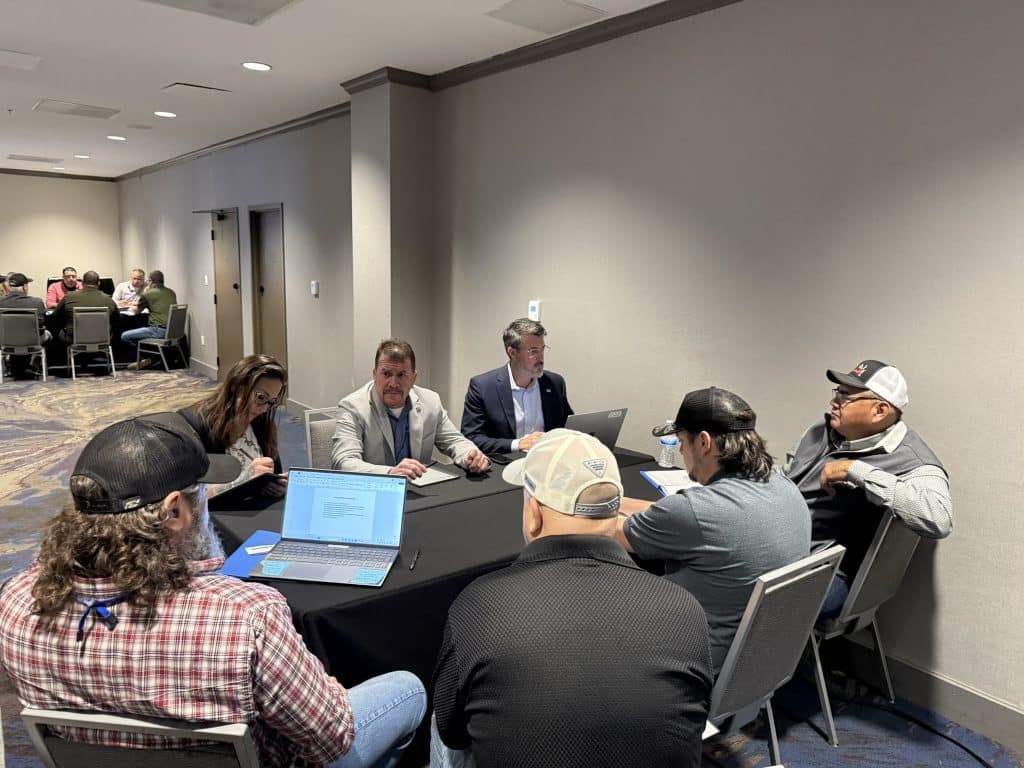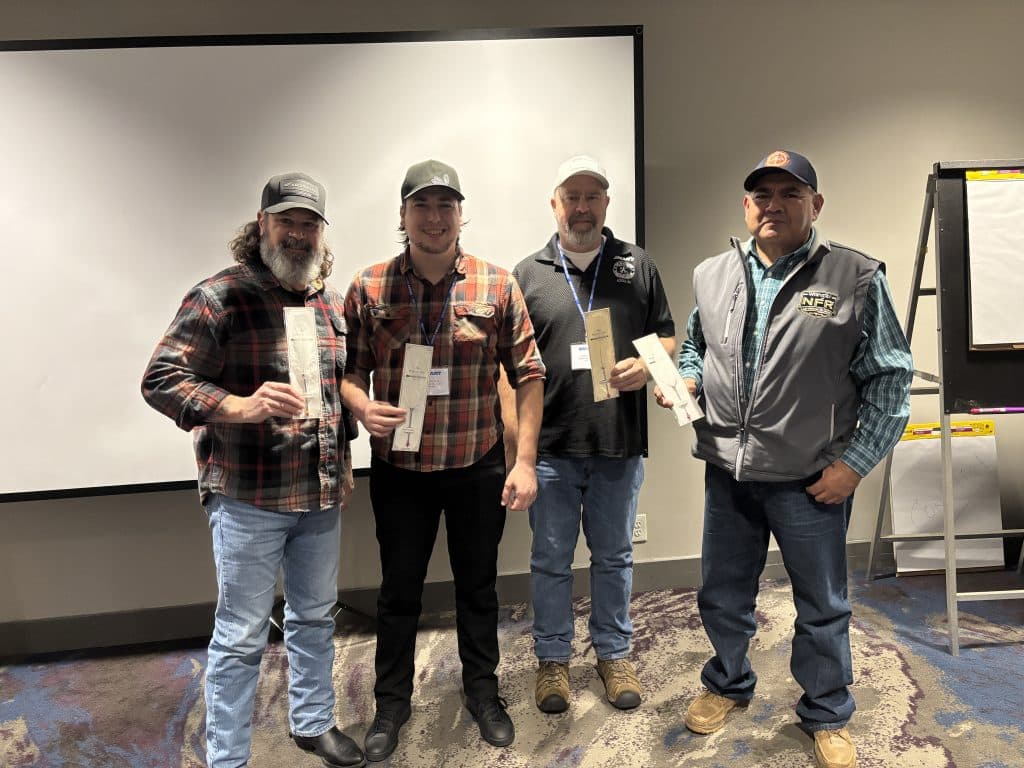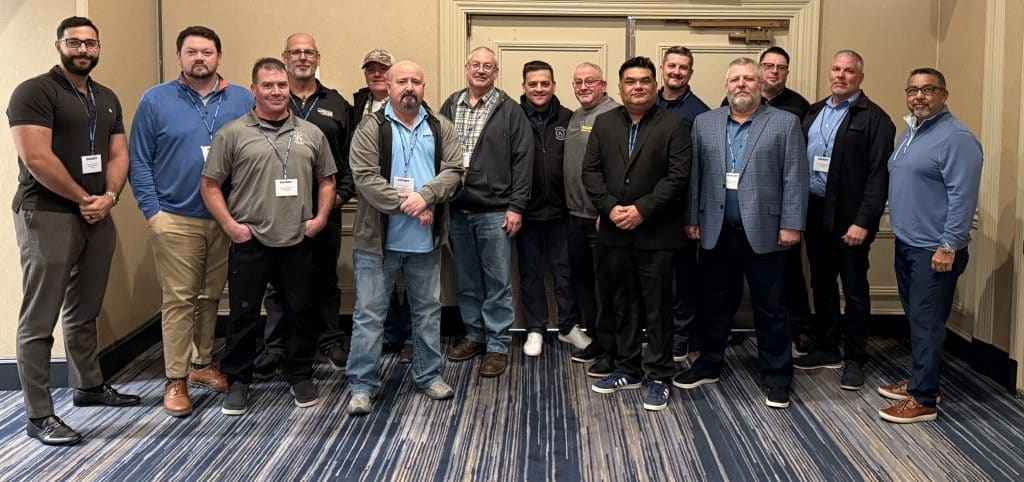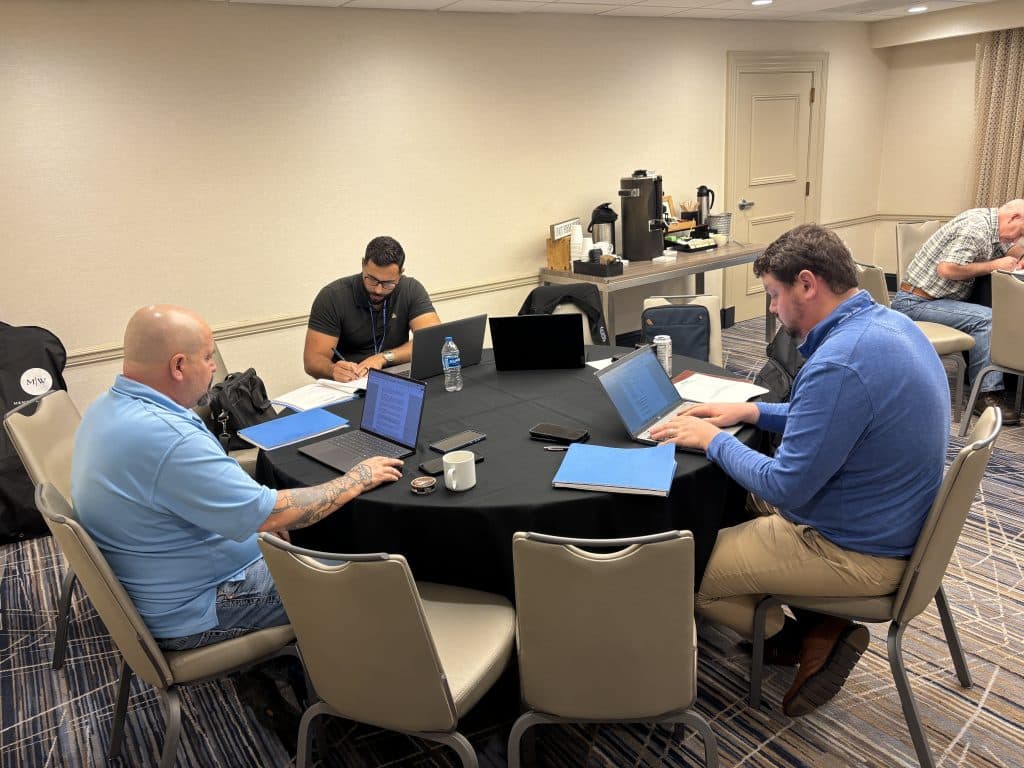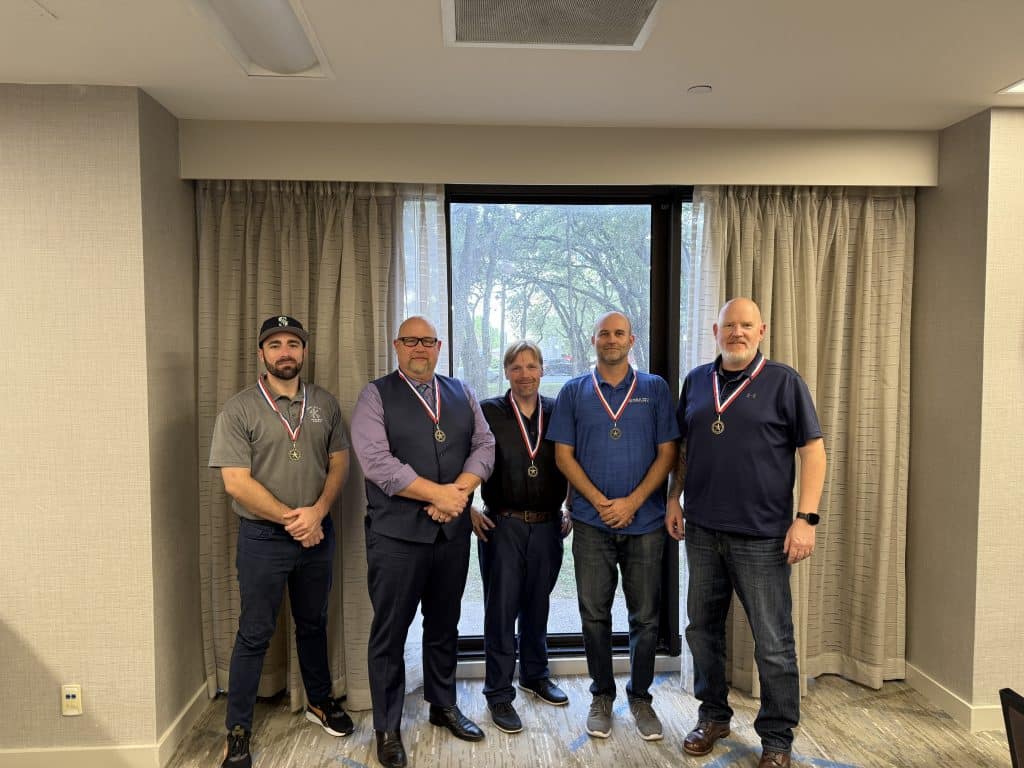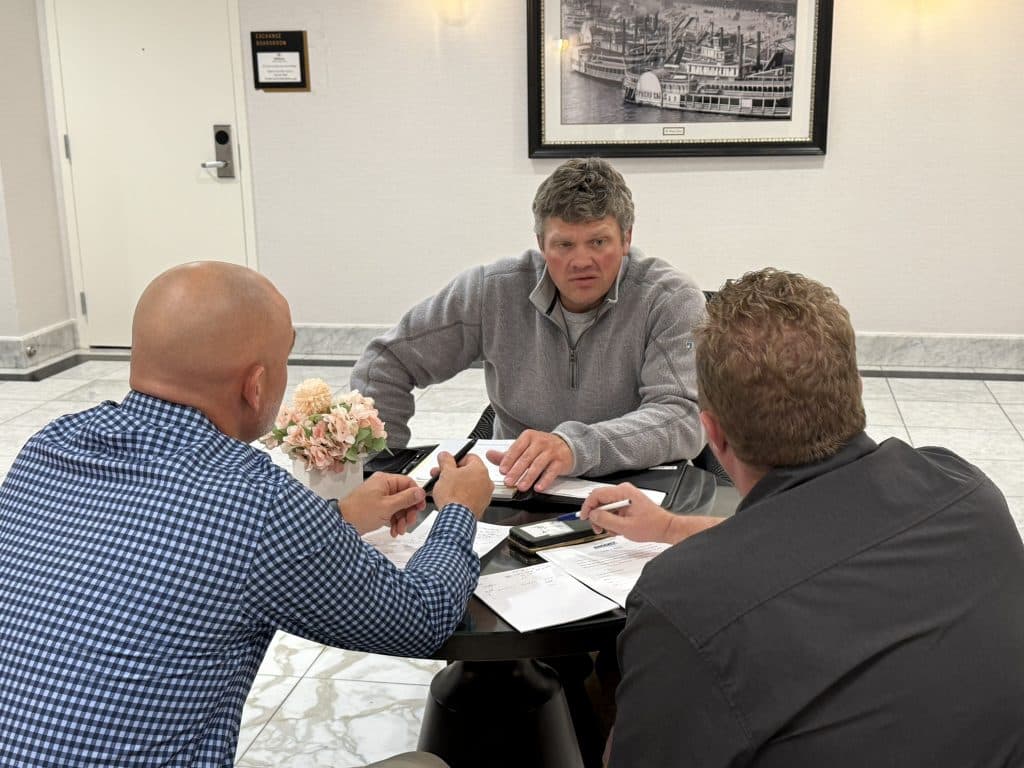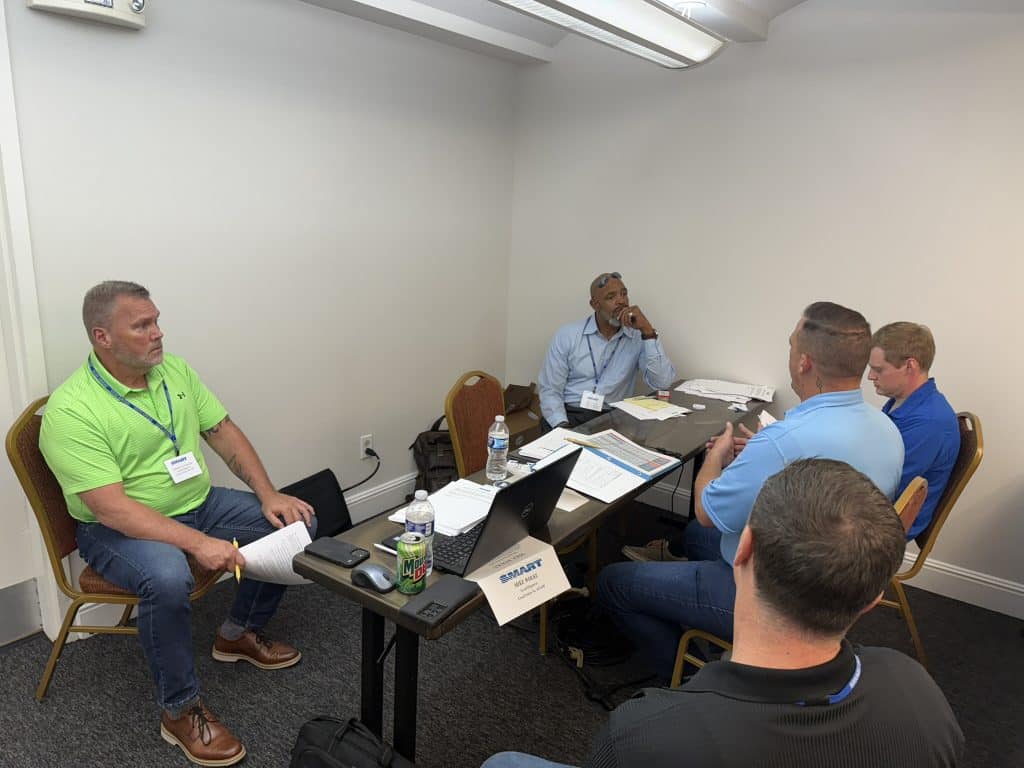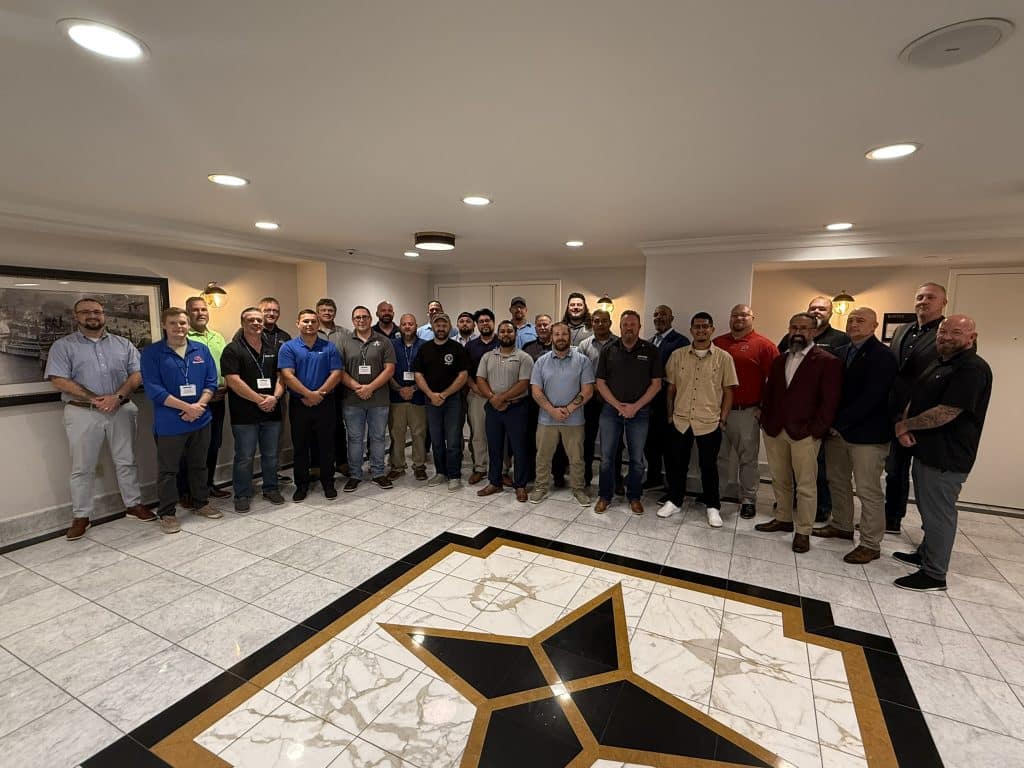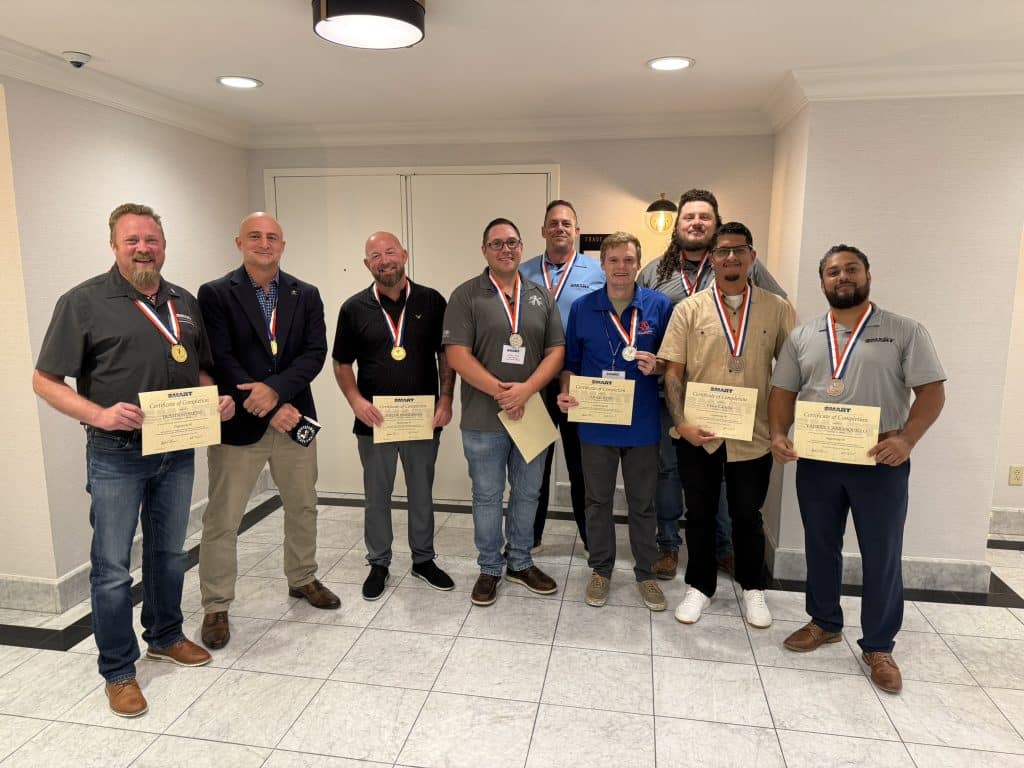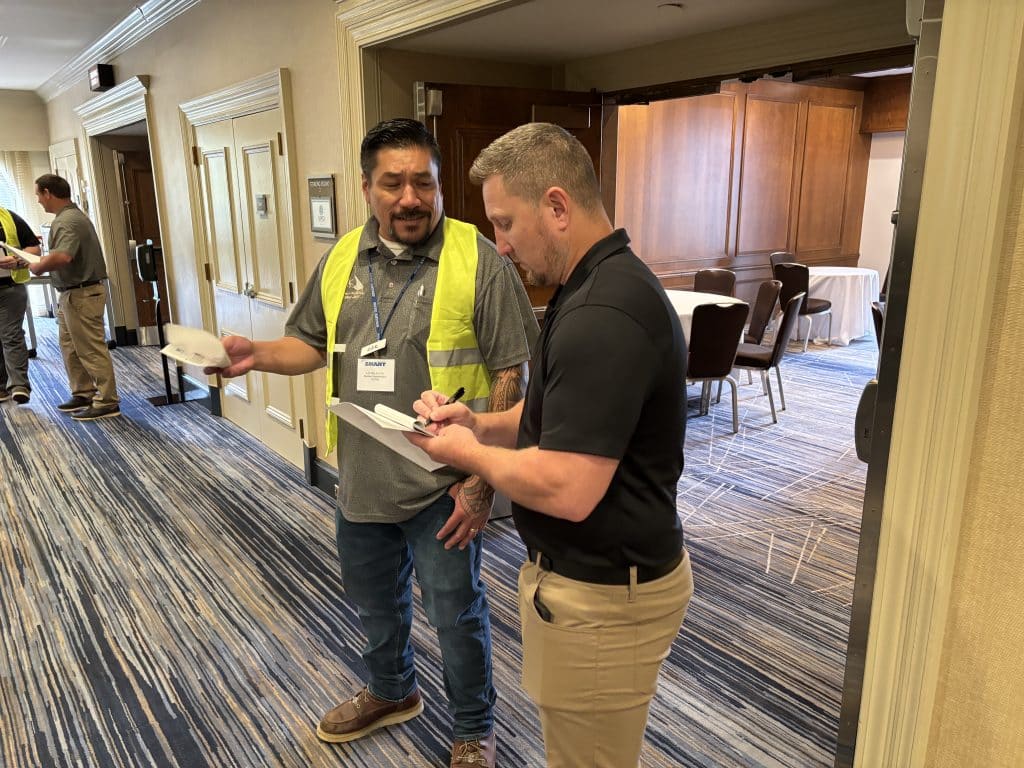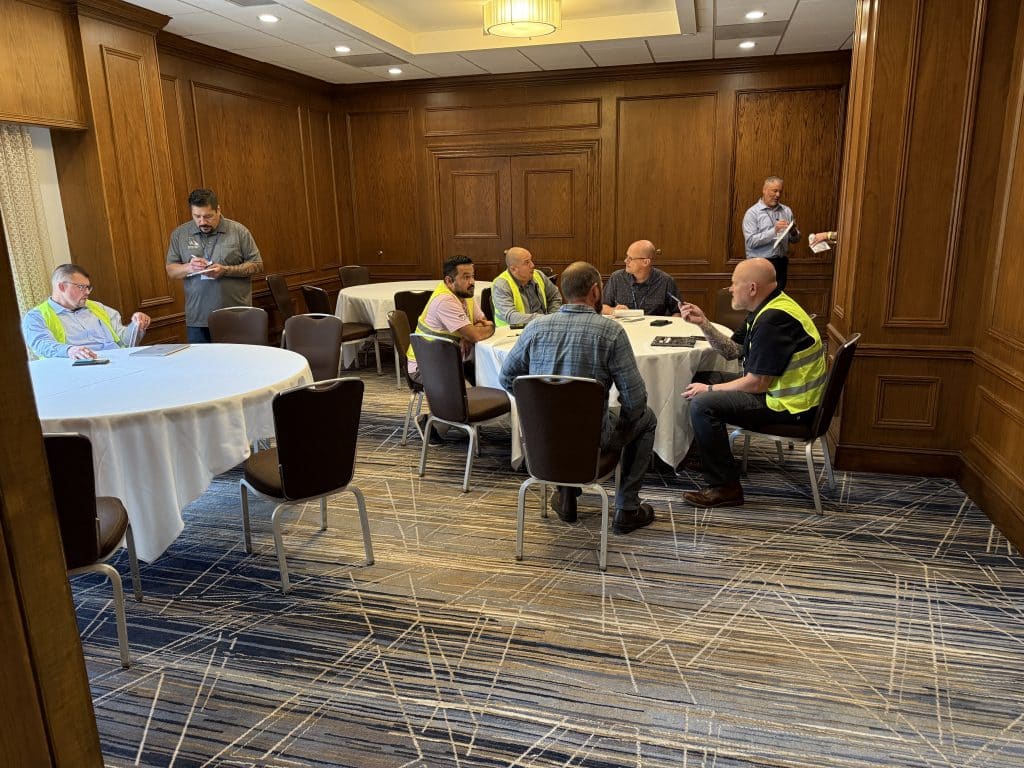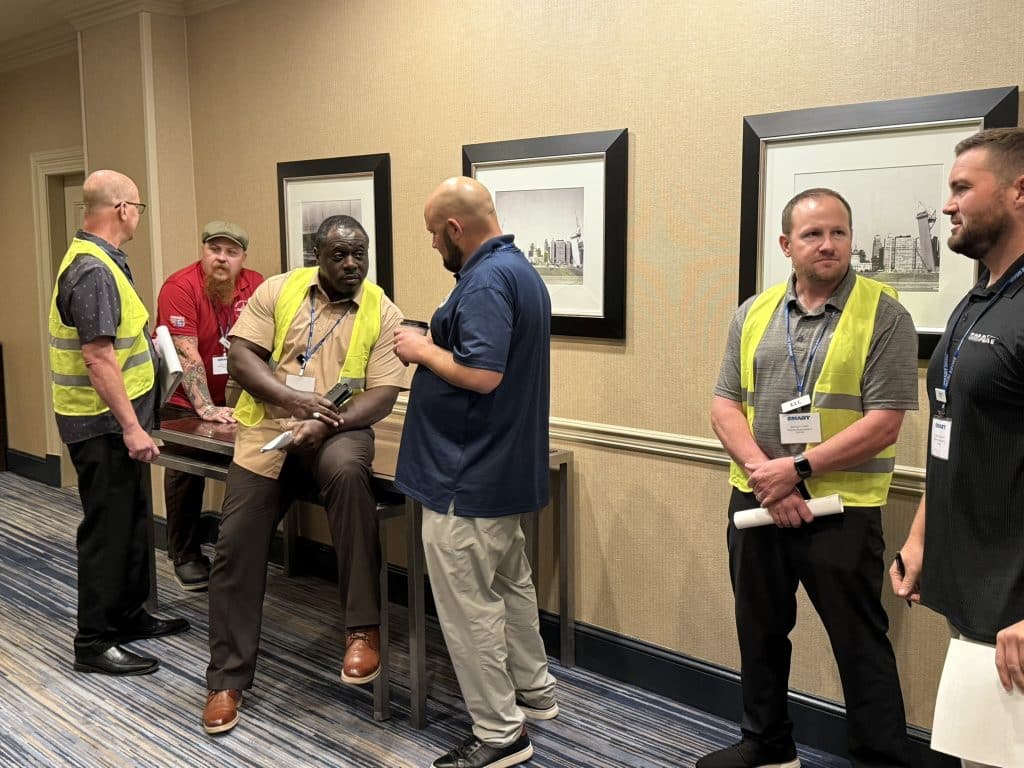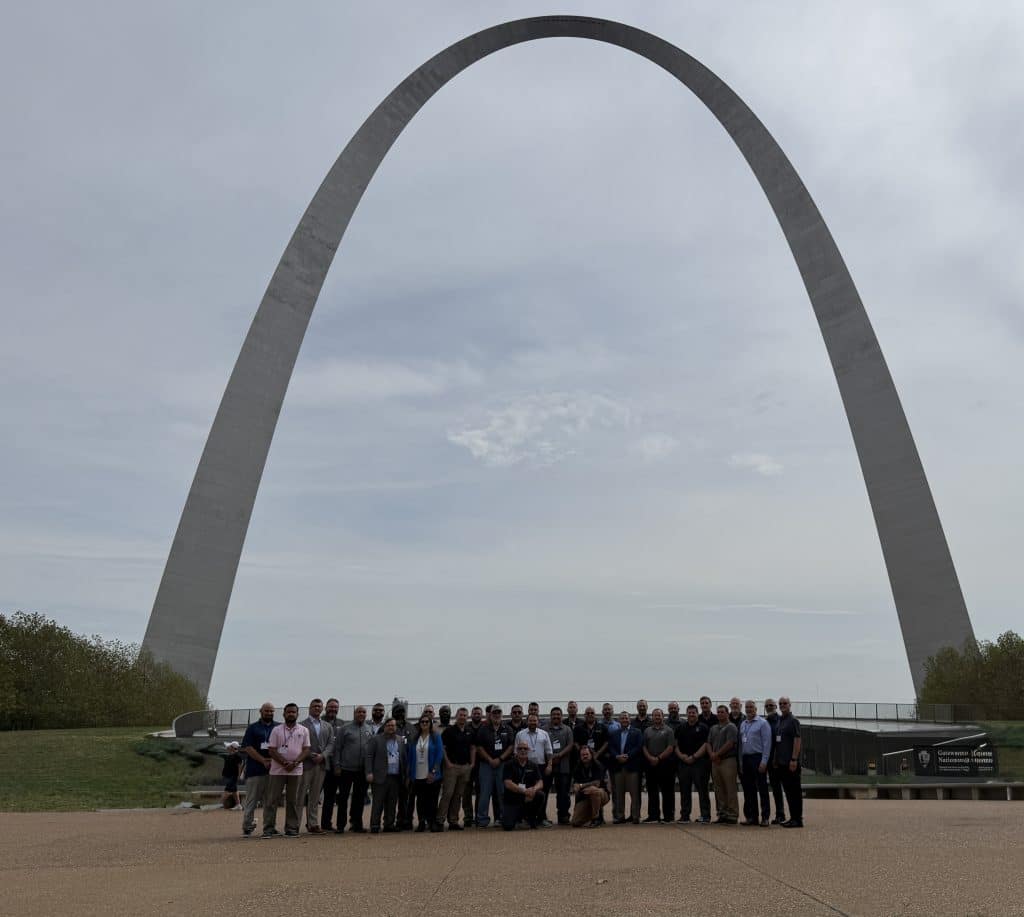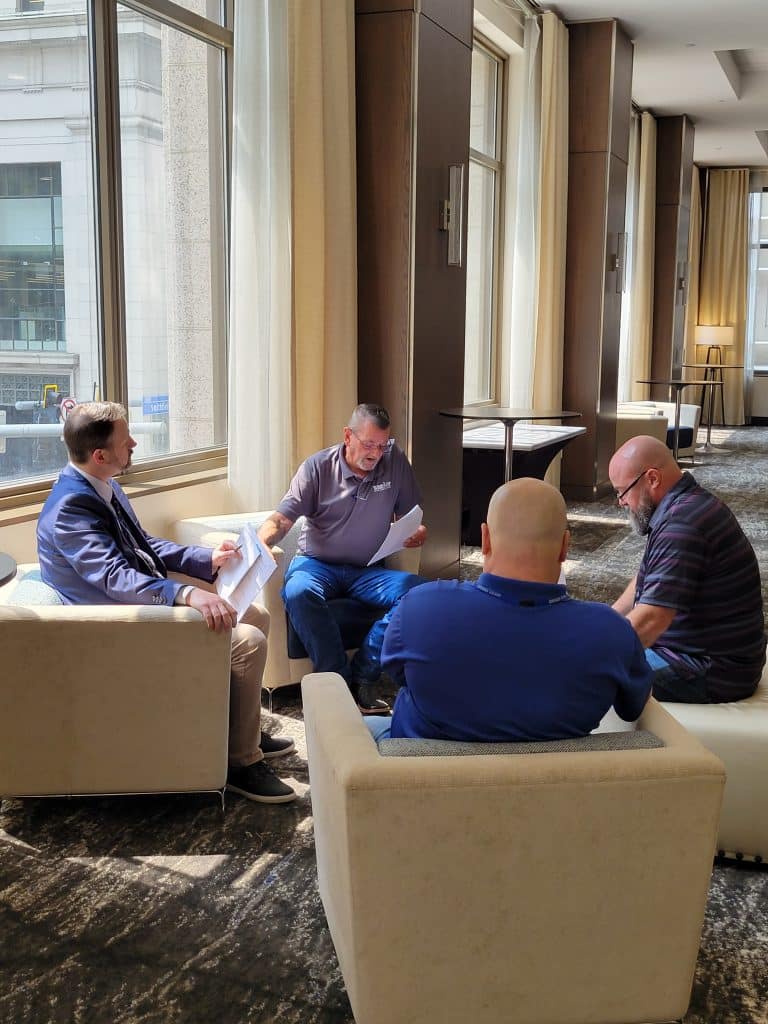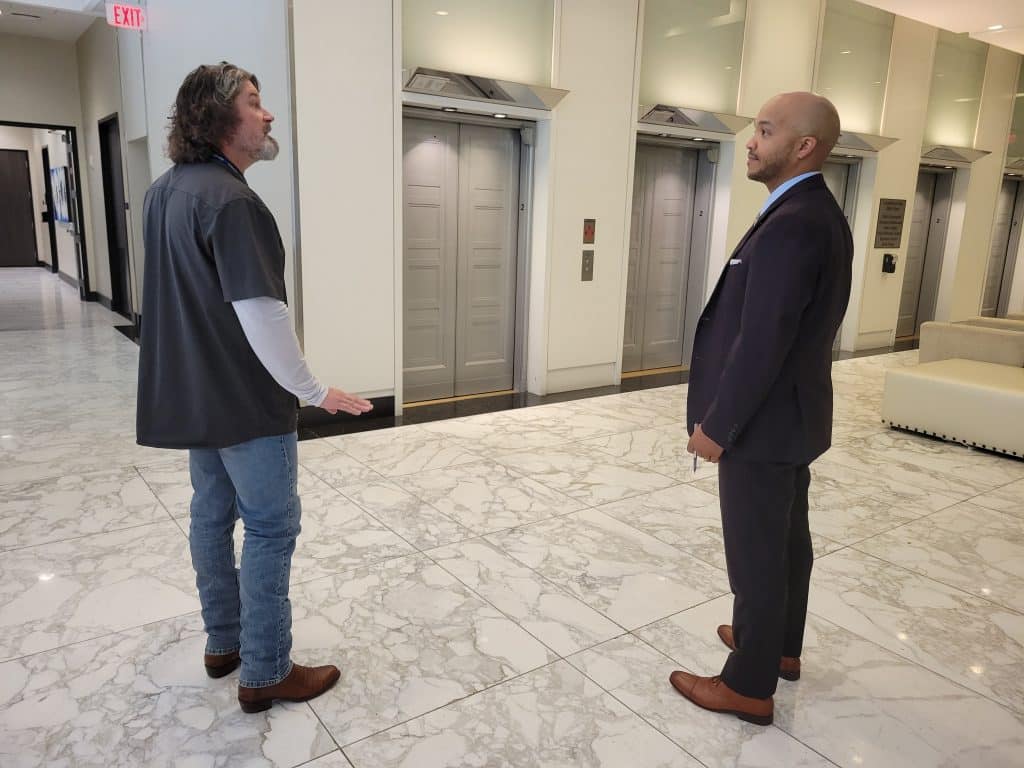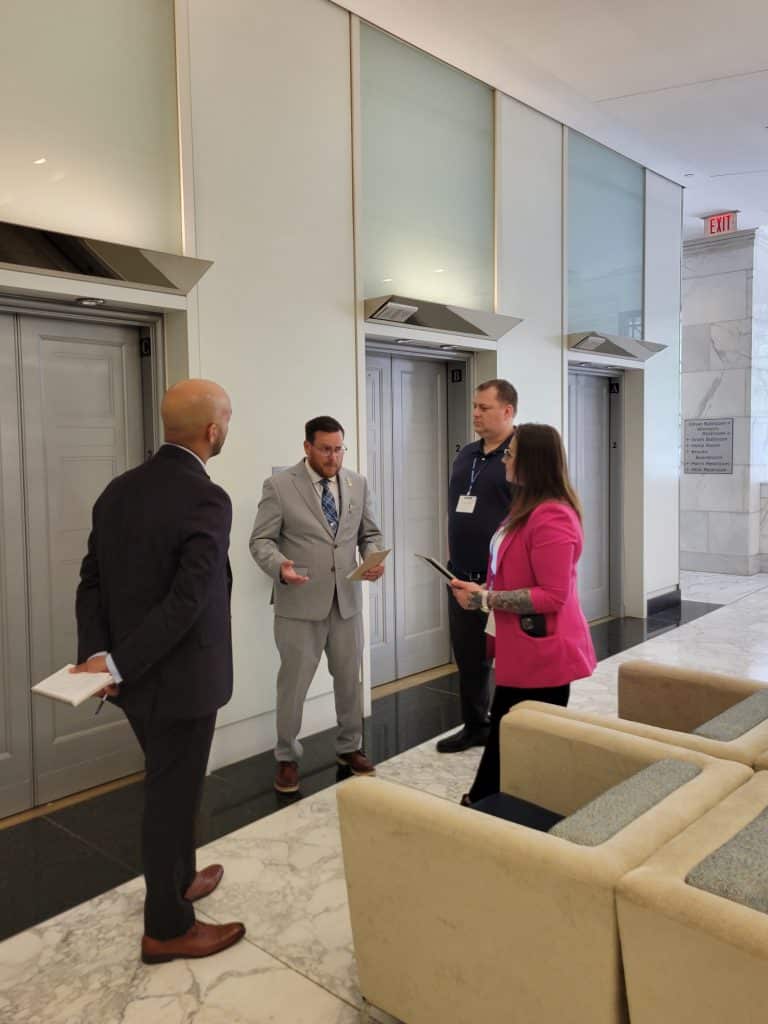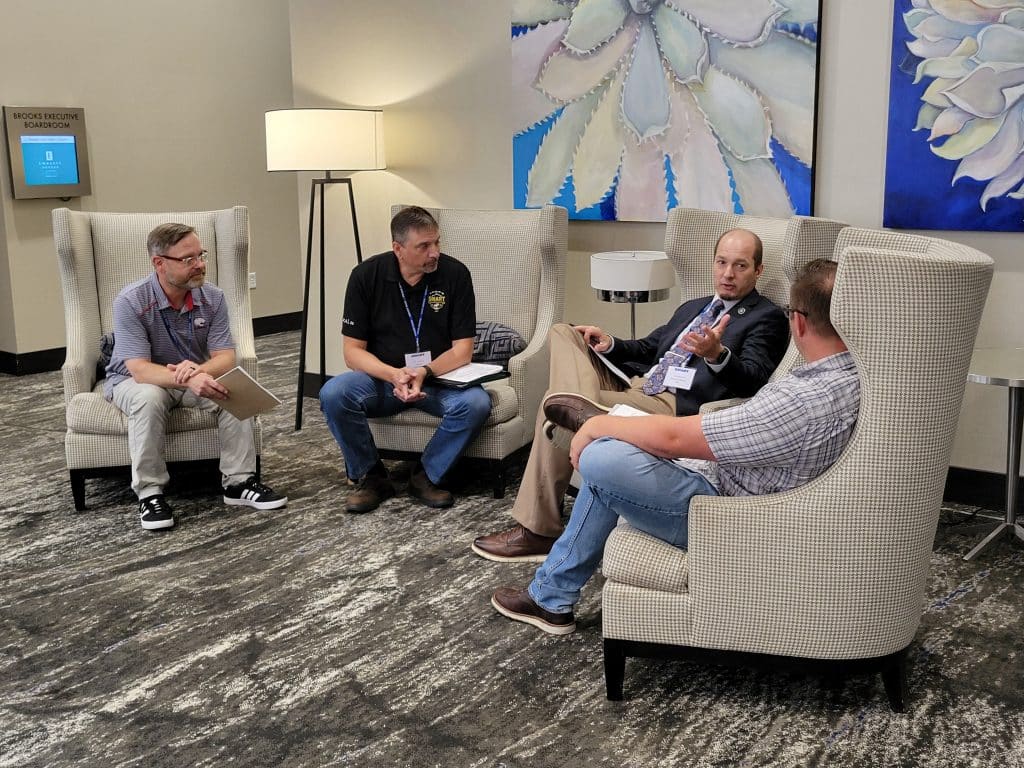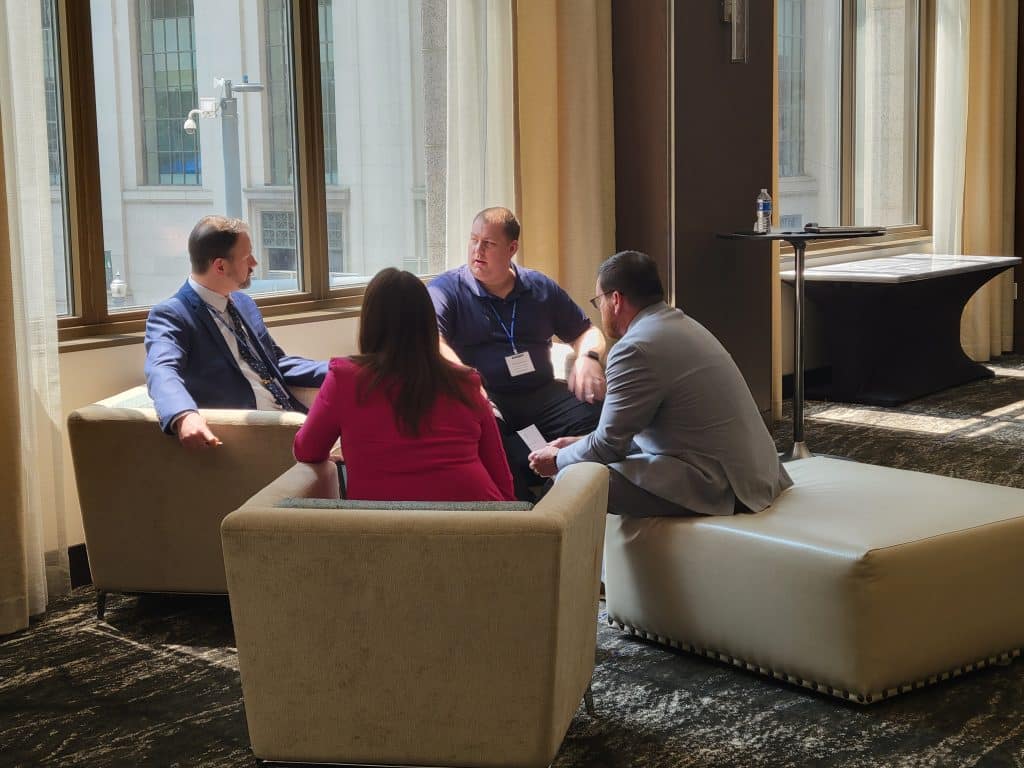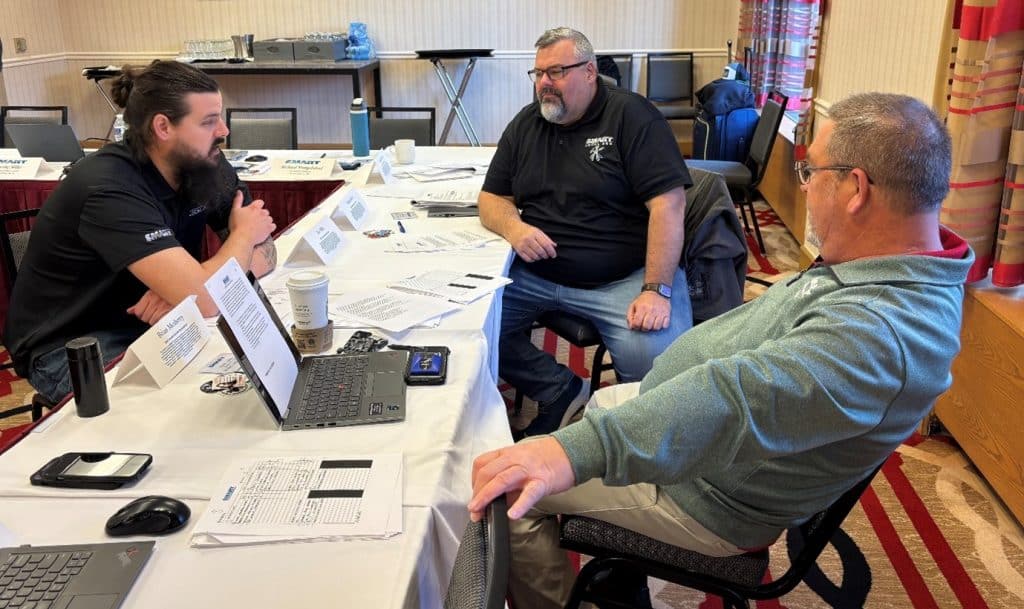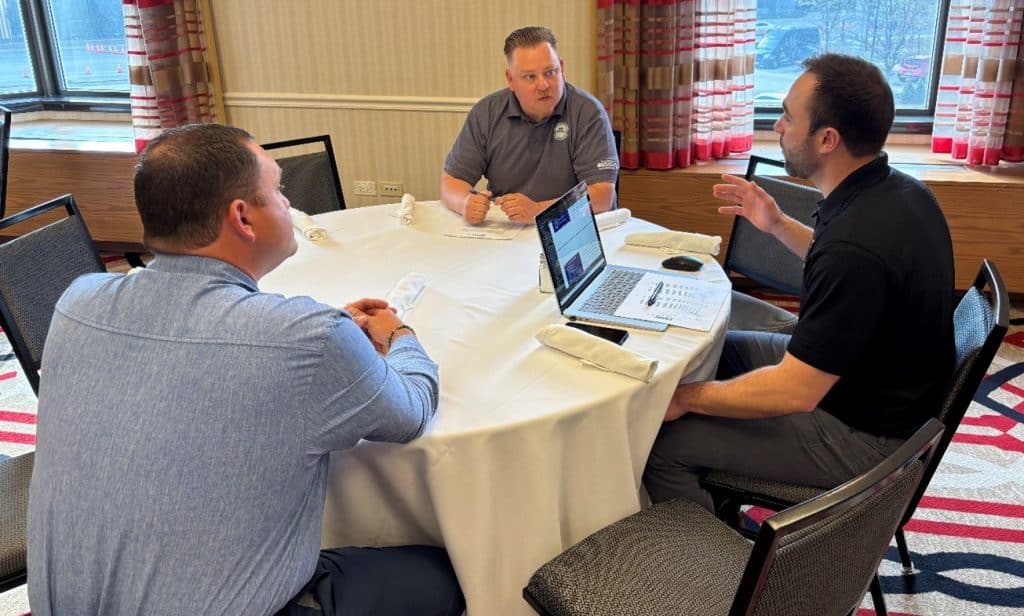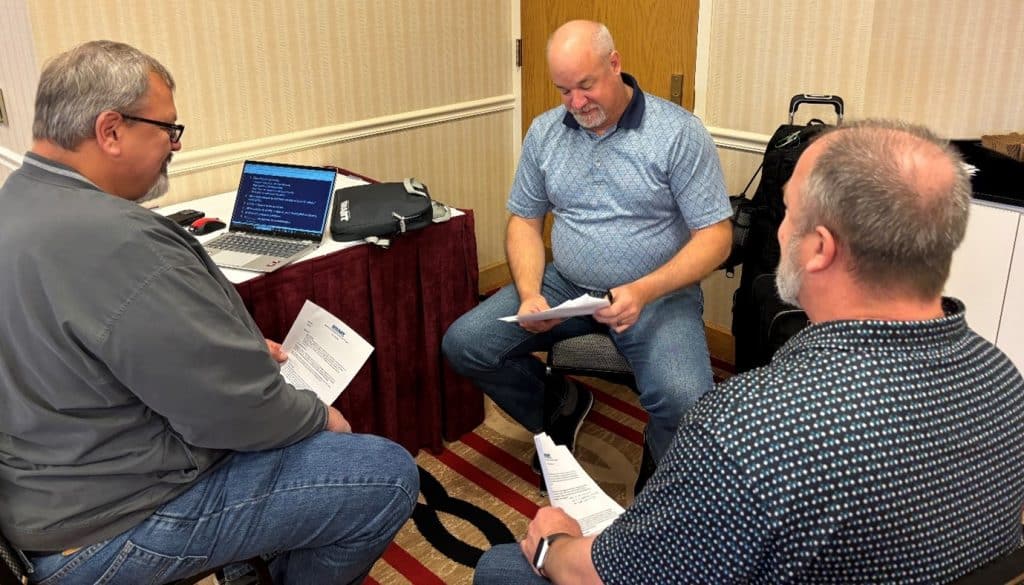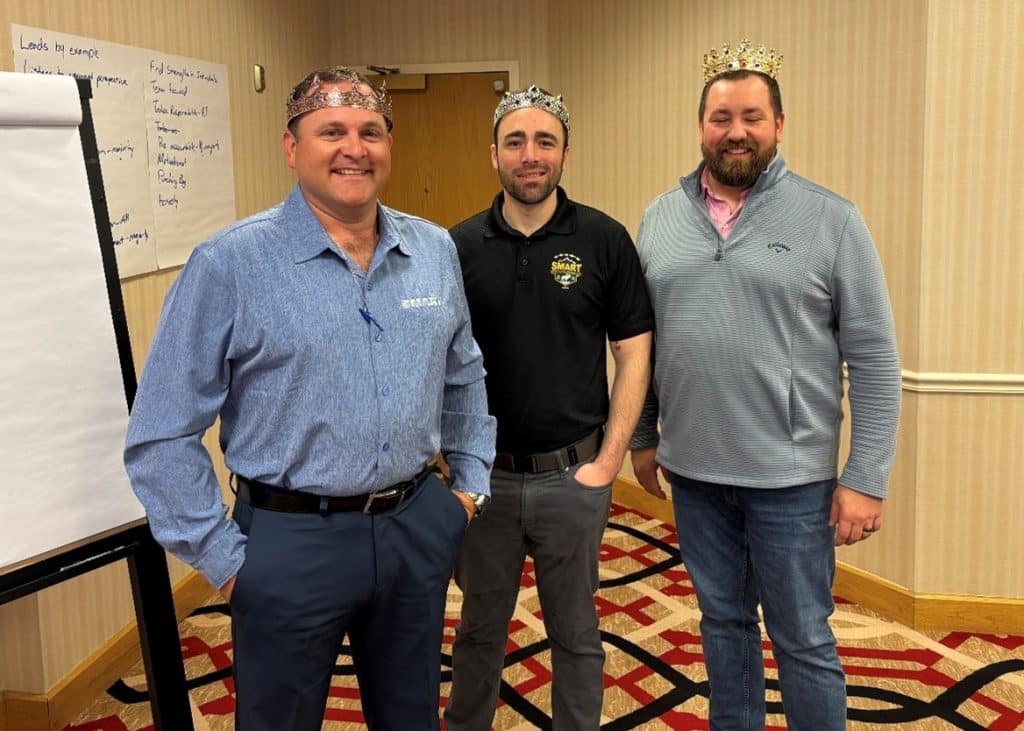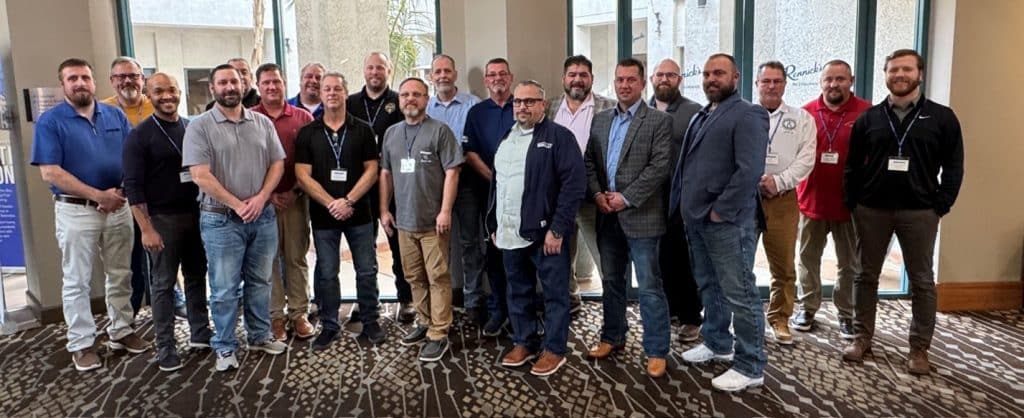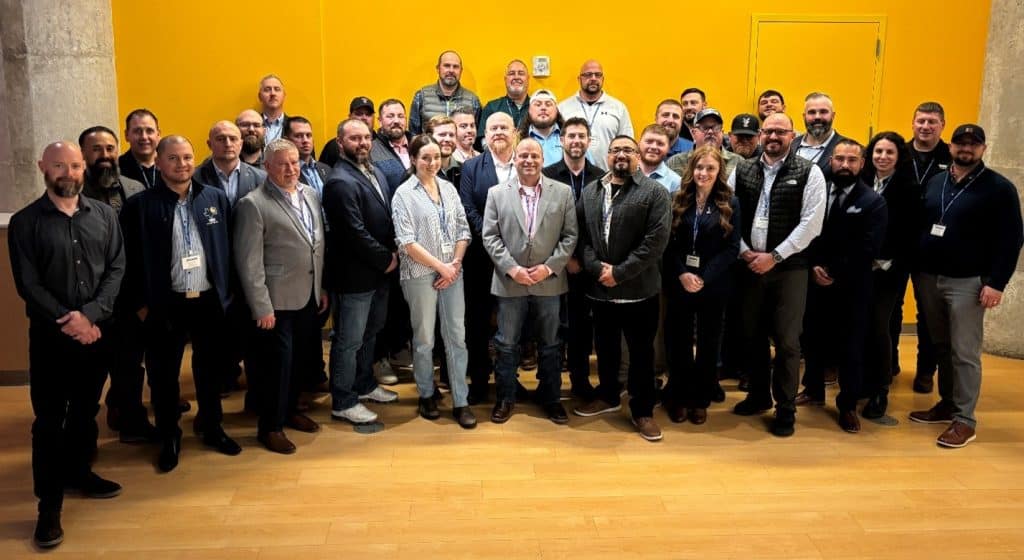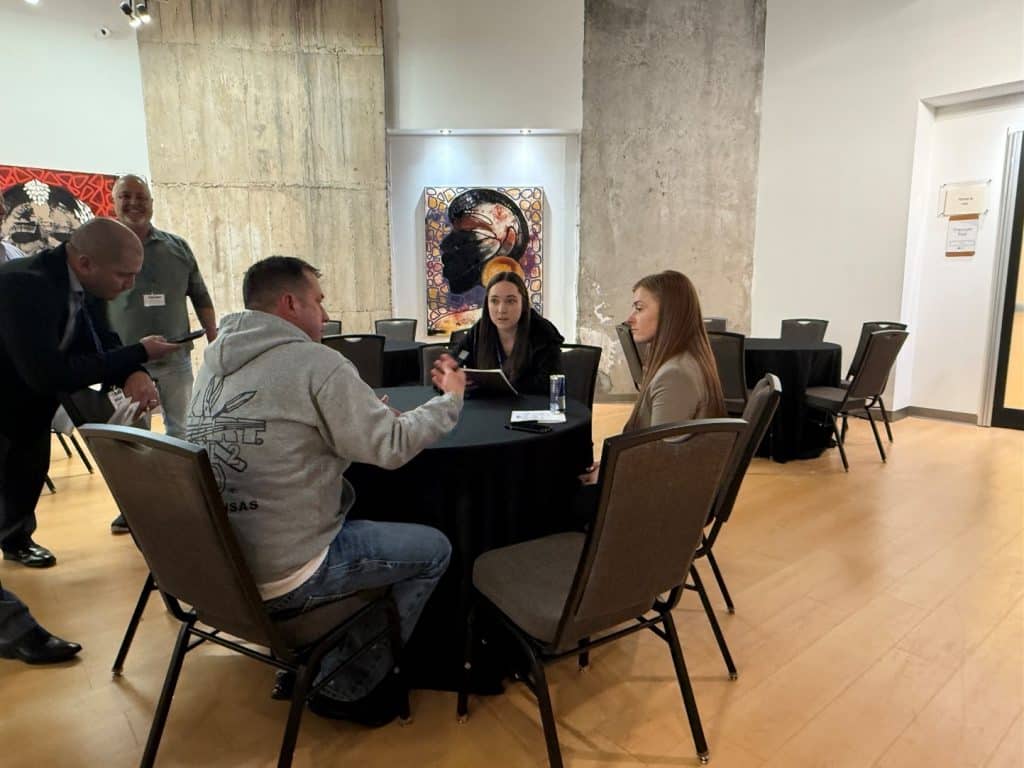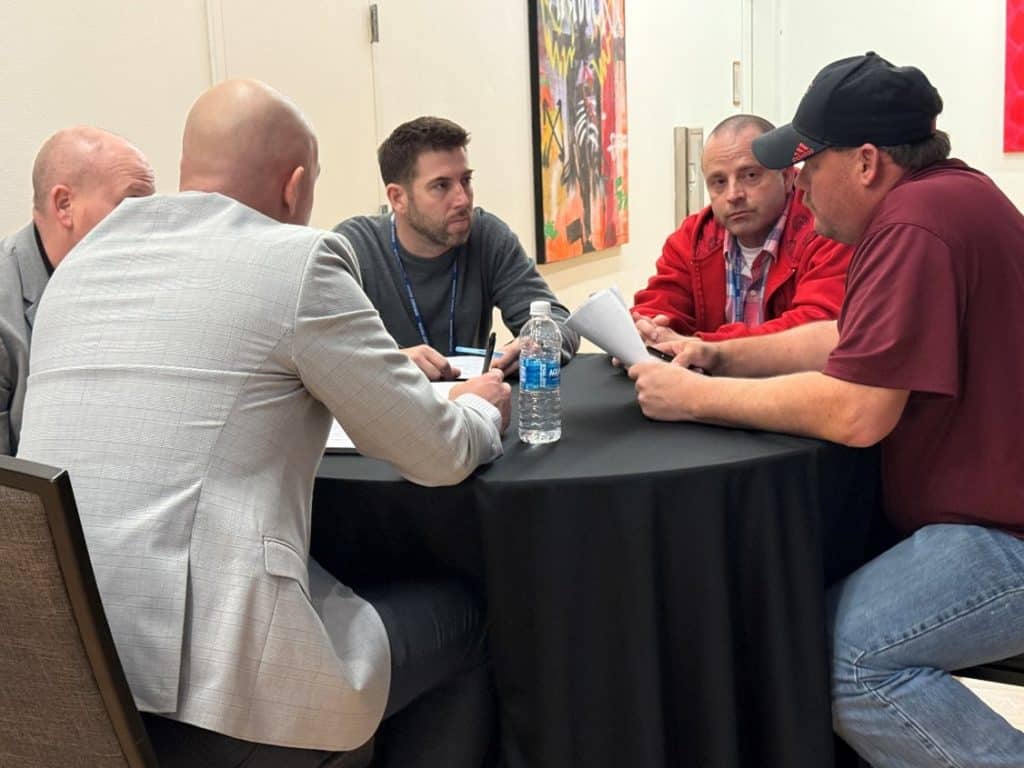The cohesion and collaboration of a local union’s negotiating committee is crucial for bargaining strong contracts that provide the pay, benefits and living standards that SMART members demand.
That was the focus of the Education Department’s newly revised Collective Bargaining class, taught for the second time in 2025 from December 8–12 in Atlanta, Georgia.
“The content of the class was developed in collaboration with the Jurisdiction, Production Workers and Canadian Affairs Departments,” explained SMART International Instructor Andre Mayes. “Content focused on helping a local’s negotiations committee work together better through understanding how to divide up the workload based on individual personality styles and then utilizing their individual strengths collectively to achieve a better outcome.”
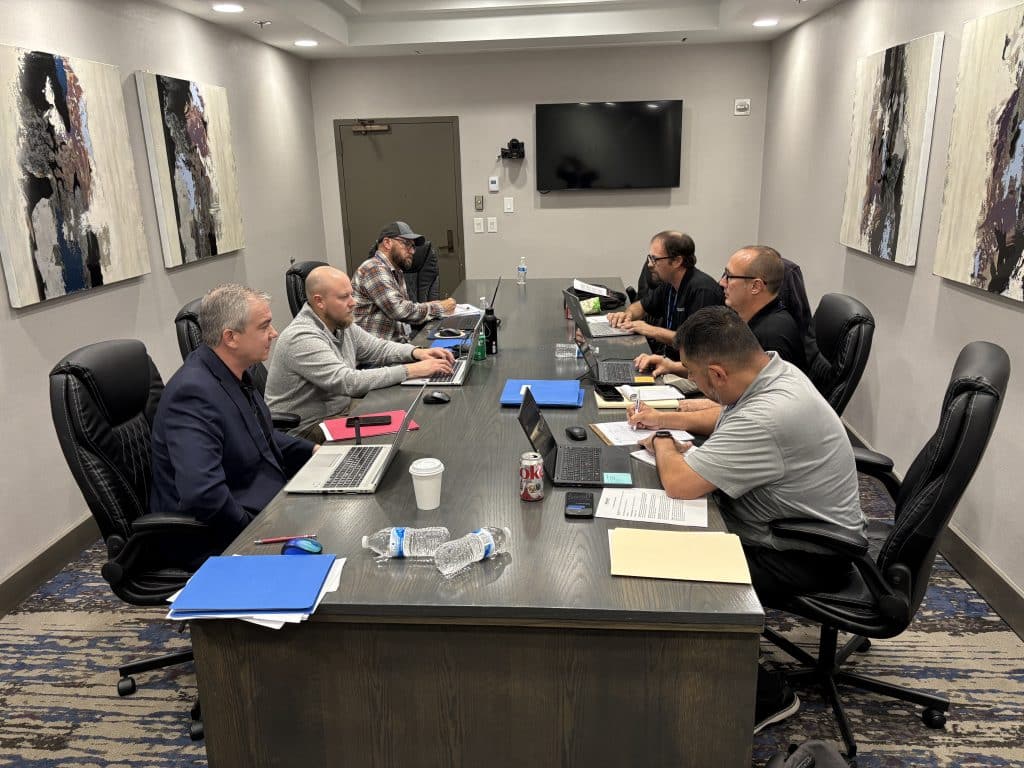
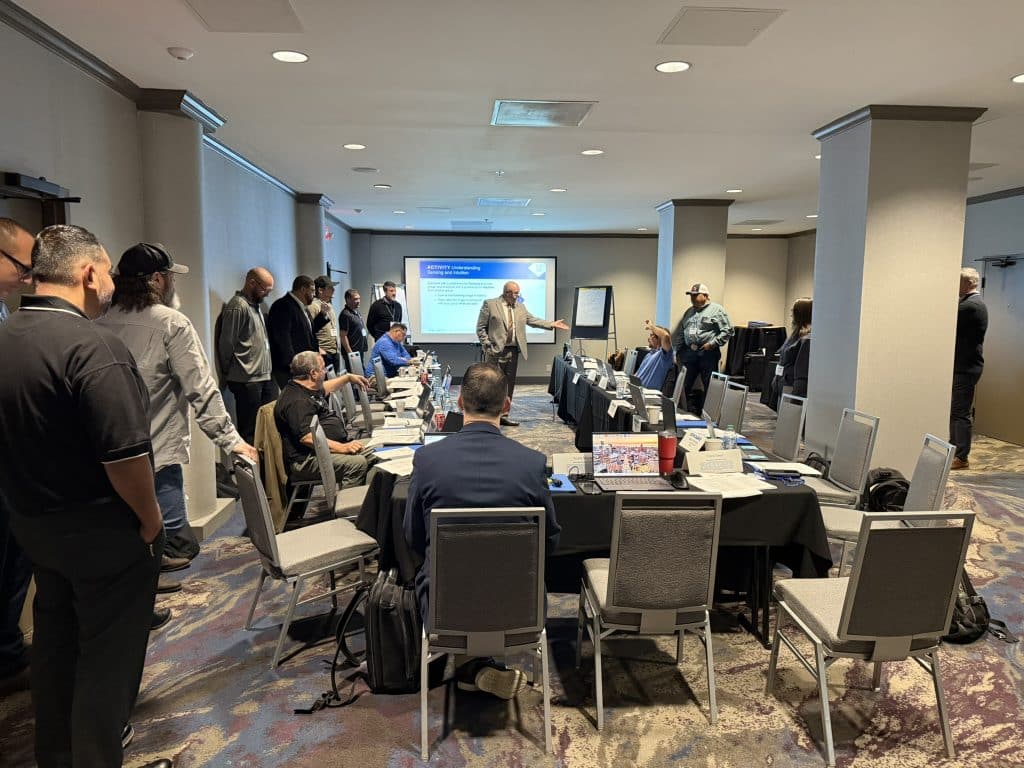
Topics included bargaining power, good-faith bargaining, contract costing, proposal development, tactics to avoid impasse, utilizing the National Joint Adjustment Board and more. International Organizer Frank Greer facilitated the Myers-Briggs Type Indicator and the Thomas-Kilmann Instrument Assessment to help the participants and groups better understand their own strengths and weaknesses on the negotiation committees.
“Congratulations to ‘Local 3’ — Joe Valdez (Local 55), Sean VanPelt (Local 55), Brian Walter (Local 55) and Owin Baxter (Local 280) — for being recognized by their peers as the top team in the class,” Mayes said.
